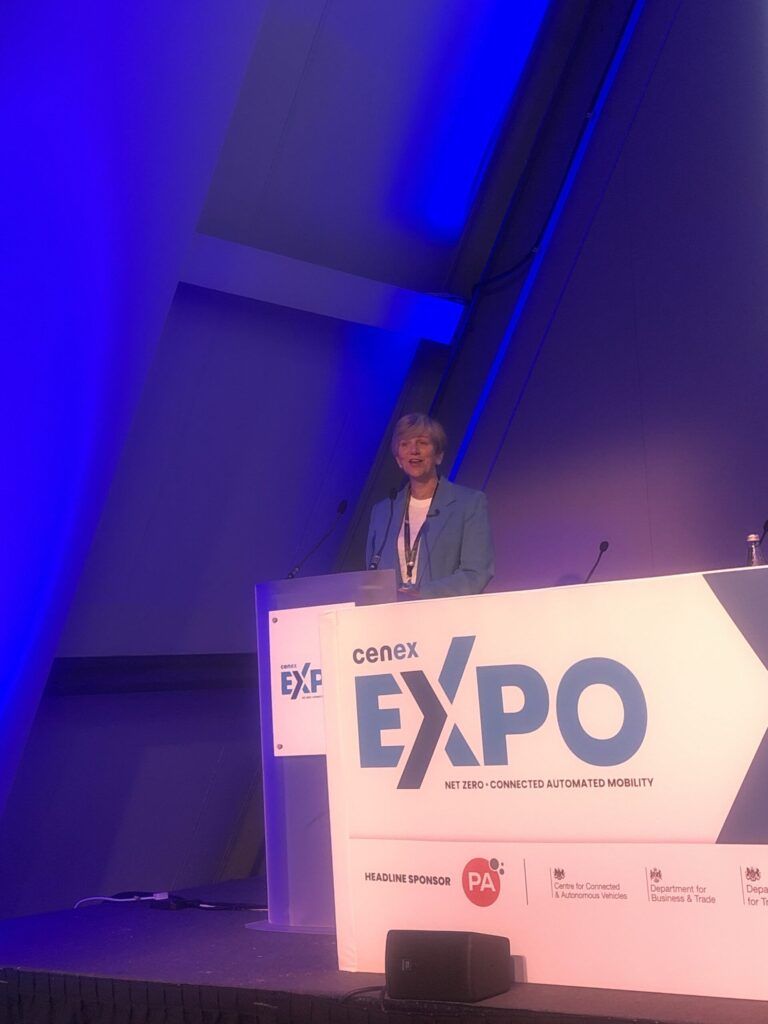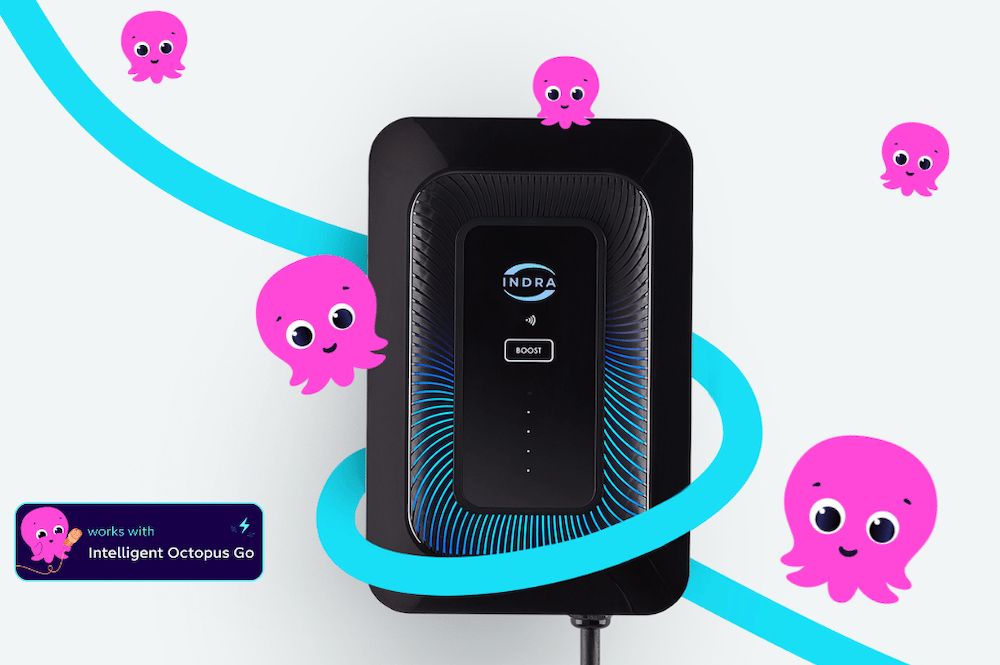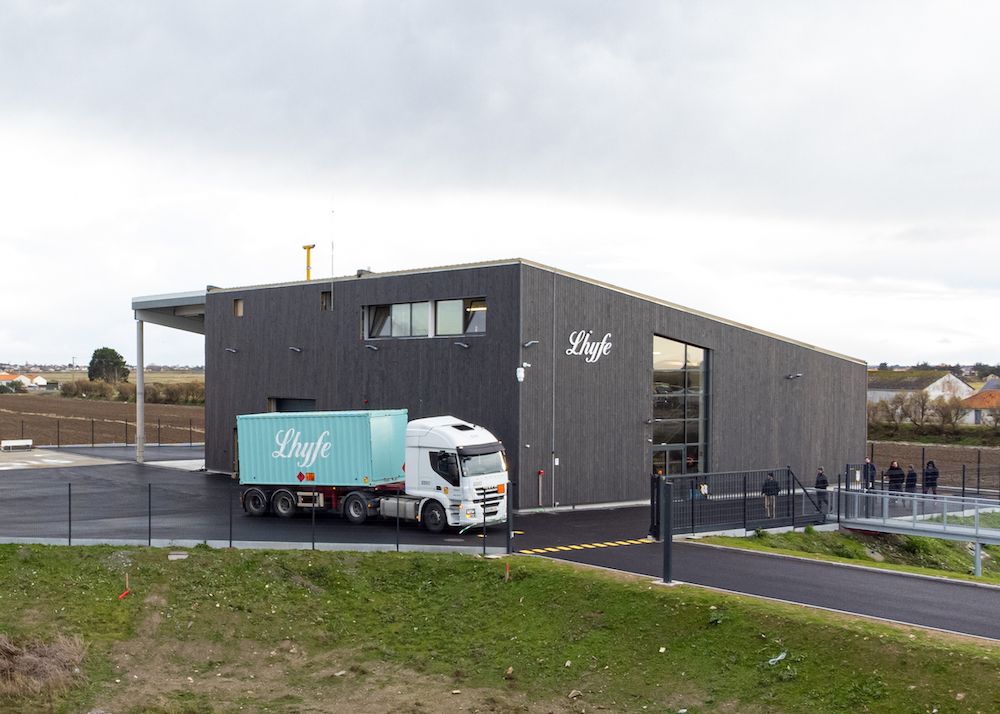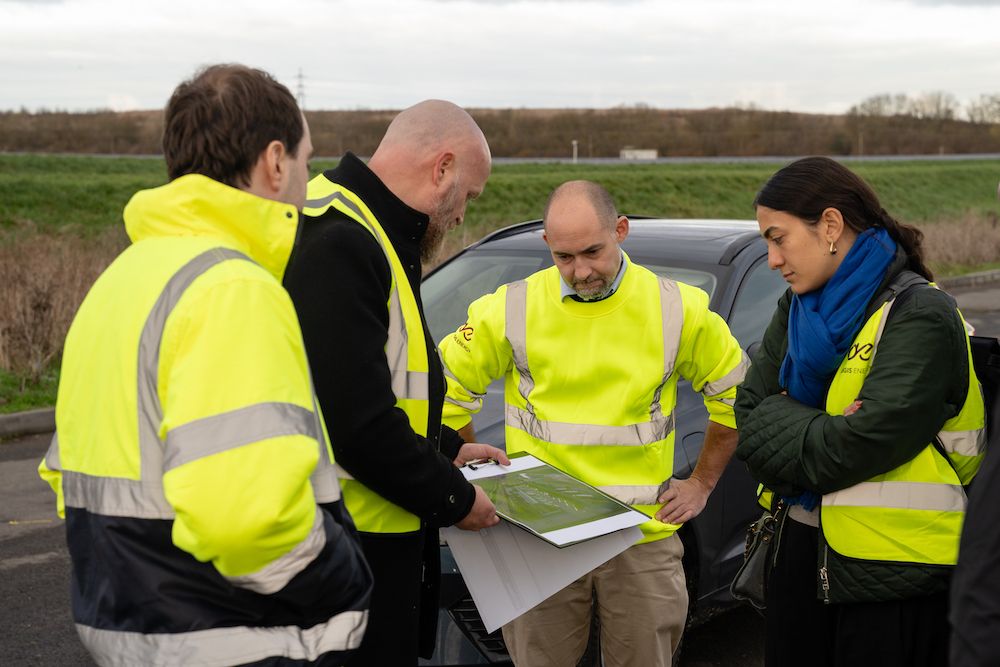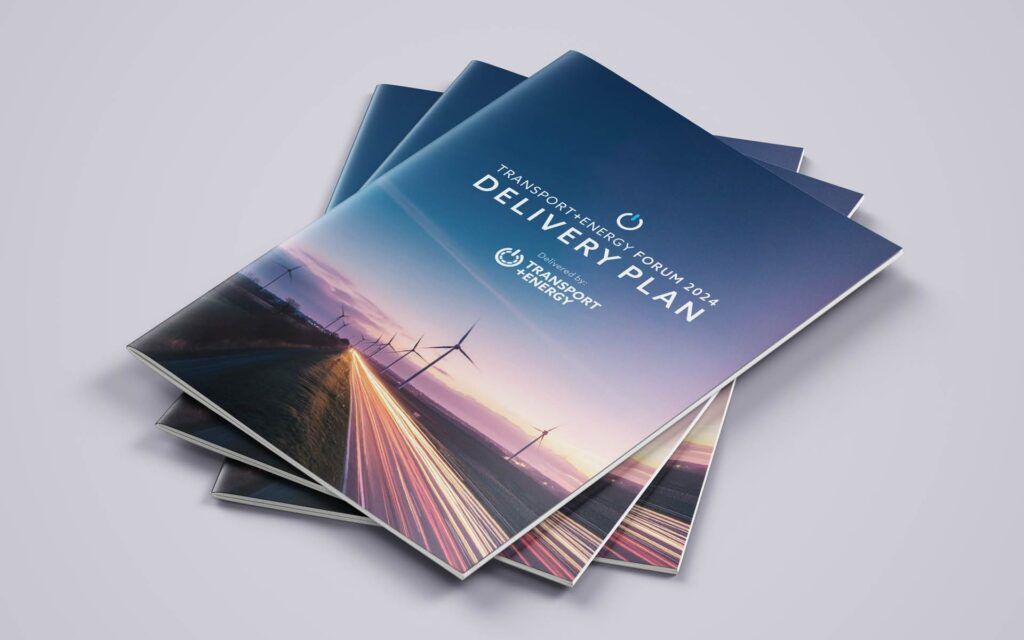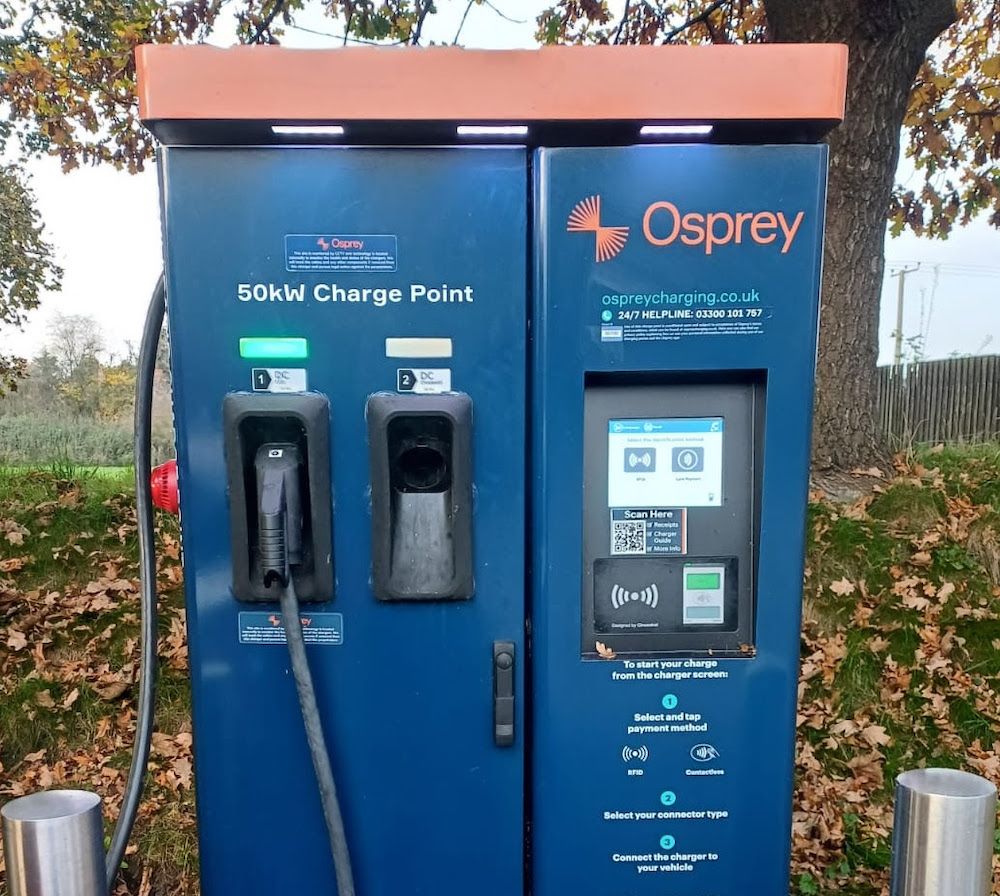Future Roads Minister Lilian Greenwood has reiterated the Government’s commitment to phase out the sale of new petrol and diesel cars from 2030.
Giving the opening speech at Cenex Expo, the MP for Nottingham South gave a speech on the benefits of cleaner, greener transport.
She said: “Our roads and the vehicles on them are changing. Over the decades we have come to understand the true cost of our reliance on fossil fuels – the air we breathe, the planet we live on and the opportunity to pass on a sustainable economy to the next generation. Transport remains the biggest emitter of carbon in the UK.
“I see it as an opportunity, privilege and a challenge to set that right. As with all great challenges, there are also huge opportunities. Opportunities to accelerate the transition to zero emission vehicles, drive economic growth and make Britain a clean energy superpower. Opportunities to transform our current infrastructure and deliver the most radical overhaul of transport in a generation. Opportunities to make good on our climate change obligations and improve the quality of something so essential as the air we breathe.”
Ms Greenwood highlighted the benefits of electric vehicles (EVs) and set out what the Government will do to support the industry.
She added: “The facts are clear – EVs continue to offer huge savings for drivers. Lower maintenance costs and providing the new alternative to our fossil fuel past. I want all of society to be able to share in those benefits. But clearly more needs to be done to support our emerging EV market not just to grow, but to thrive. In Government we are aiming high. We are putting transport at the heart of a mission driven approach. Our commitments to the EV sector are simple, they boil down to two things.
“First, we will phase out new cars that rely solely on internal combustion engines by 2030. Second, we will expedite every effort to accelerate the rollout of charge points across the country. Together, they mean less carbon and more clean energy; fewer polluting cars and more electric vehicles – reducing the burden on our planet and increasing the opportunities for everyone to join in the electric vehicle revolution.
“To do that and to be the difference makers we have to build a scaffold of certainty around those opportunities. Here’s how we’re going to do it – starting with providing certainty and delivering a zero emission vehicle mandate. By 2030 there will be no new cars relying solely on internal combustion engines. That’s the headline on the poster – print it in bold – 2030. An end date not only gives industry the clarity it needs, but also gives consumers the certainty they deserve. The sub-header is equally as simple, from 2035 all new cars and vans sold will be zero emission.”
The Future Roads Minister went on to set out details of how the Government will achieve this and highlighted her keenness to work with the sector.
She continued: “The details underneath the headlines are just as important and we need you (the sector) to keep working with Government to get this right. With your input the ZEV mandate is a world leading legislative framework. It already requires 80% of all new cars to be fully zero emission by 2030, something which this Government is not proposing to change.
“I’m pleased that the Minister for Infrastructure in the Northern Ireland Executive has confirmed his intention, subject to Assembly approval, for the ZEV mandate to be expanded and Aalso apply to Northern Ireland. This will bring the whole of the UK onto the same ambitious timeline to decarbonise cars and vans.
“But still we need to go faster – there will be no sales of pure internal combustion engine cars from 2030. But at the same time we want to ensure that new non-ZEVs sold between 2030 and 2035 meet a minimum standard for both cars and vans. I’ve only been in this job for a matter of weeks and already understand the importance of collaboration – it puts government, industry and consumers on the same page. I look forward to engaging with all of you when we set out more details on post 2030 requirements for cars and vans so that we can get this right and deliver on these ambitious targets.”
Talking about the rollout of EV charging infrastructure, Ms Greenwood added: “We must manage a system of charging innovations in such a way that best inspires confidence amongst consumers. The squiggly line on a supply and demand graph should show EVs and charge points following the same upwards trajectory. However, we know there is work to do. I don’t want to over complicate matters. First, we need more charge points. Second, we need people to know where those charge points are for their day-to-day journeys. And third we need to make it as easy as possible for people to plug-in, charge up and pay. The more seamless those three steps are, the more positive the perception of EVs.
“At present we are making steady progress. Across the UK, there are already over 66,000 public charge points – an increase of 46% since the same time last year. This is in addition to hundreds of thousands of private charge points installed in homes and work places. I know that more is needed right across the country. Getting up to speed will require partnership between Government and industry. With industry having announced over £6 billion in charging infrastructure investment before 2030 I know that we’re closer to getting on track. But let me be clear, this Government promise to accelerate the rollout of charge points and we will accelerate the roll out of charge points. We will take into account the needs of people without off-street parking wherever they live. I know that we will work together to make charging more accessible for all.”
In her closing remarks, Ms Greenwood stated: “When it comes to the future of Britain’s roads, we want to build up confidence and knock down the barriers of perception. Because we need the public to share our conviction that this is a future they can believe in. I see electric and self driving vehicles in a very simple way – more opportunity, different energy.”
Ms Greenwood also announced that Cenex will lead the Drive to Zero medium and heavy duty implementation hub for the UK in partnership with Energy Saving Trust and CALSTART.
This is a new initiative to support the decarbonisation of medium and heavy vehicles for both public and private goods.
Image courtesy of Transport + Energy.



